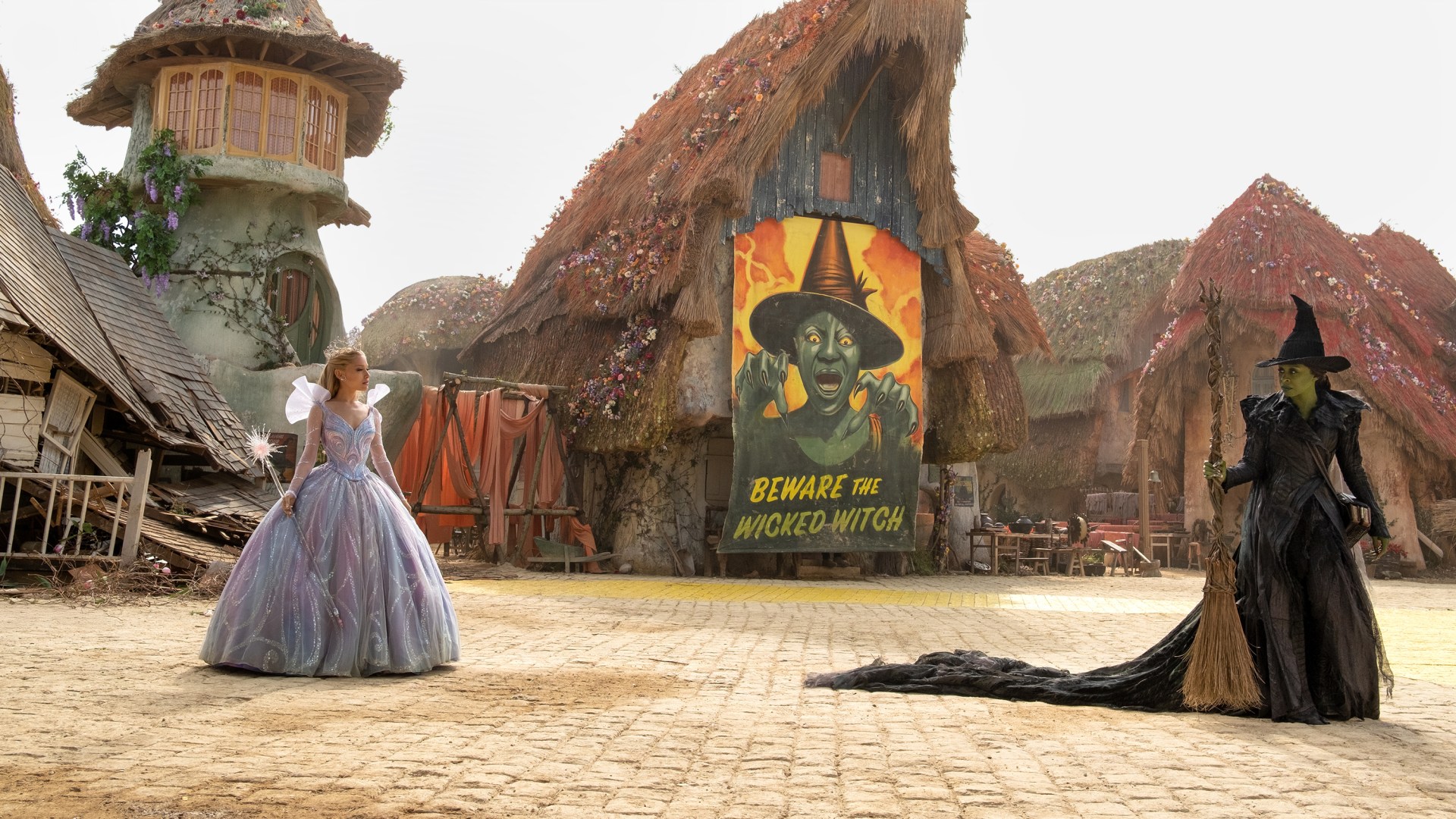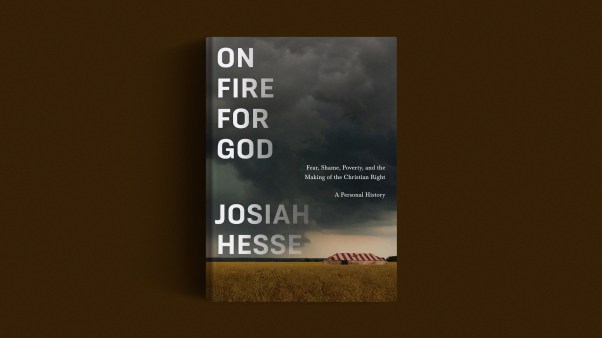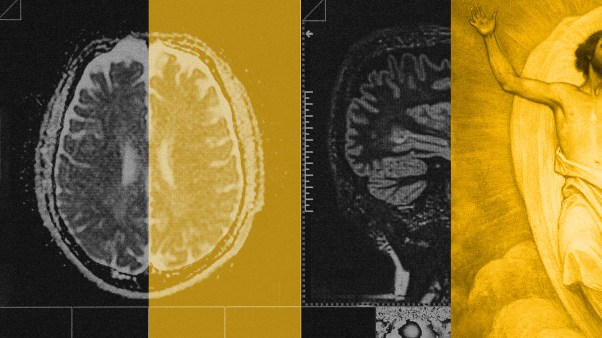In last year’s review of director Jon Chu’s Wicked: Part One, I held that our tendency to demonize the enemy works just fine when the adversary is, well, the demonic. Spiritual warfare requires battle readiness—vigilant watchfulness for a deceiver who wishes to “steal and kill and destroy” (John 10:10). Recognizing Satan’s maneuvering, we don the armor of God (Eph. 6:10–17) and turn toward the One without whose strength victory remains impossible.
Directed at other people, however, the impulse to vilify often goes awry. How can we pray for those who abuse us (Luke 6:28) when we have already reduced them to their hostile words and actions? Rather than turning our swords into ploughshares, we follow our natural instinct and allow each new injury to pull our blades closer to the grindstone.
Of course, we’ve never needed others’ bad behavior to justify our own. As the first Wicked film reminded us, surface-level differences rooted in appearance or affect prove reason enough to isolate, malign, or persecute. Then, when our bigotry provokes anger, we use the reaction as an excuse for brutal retaliation.
Why do we fall back on such shallow judgments?
Perhaps because the shallows are so very comfortable compared with a deep end demanding effort and risk. Furiously paddling to keep our heads above water with our packed schedules and shrinking attention spans, we find neither time nor inclination to dive beneath the surface. That “deeps calls to deep” (Ps. 42:6–7) might provide solace when suffering drags us under. But few seek in the depths those perspectives that would complicate their easy assumptions.
These are the very depths into which an examined, faithful life calls the believer. The heart may seem unknowable because it is “deceitful above all things” (Jer. 17:9), but if “the Lord looks at the heart” (1 Sam. 16:7) should we not attempt the same? “Stop judging by mere appearances,” Jesus demands when healing someone on the Sabbath irritates the religious leaders (John 7:21–24). “Judge correctly.”
It’s a truism that most violence can be traced through anger back to fear. What, though, do we really dread? Wicked: For Good rightly suggests that what frightens us more than loss or physical harm is the evil deep within ourselves.
When Madame Morrible leads her fellow Ozians in a rousing chorus of “Every Day More Wicked,” accusing Elphaba of the very lies that she herself is perpetuating, she offers them a scapegoat. They don’t hate Elphaba because they have too little time to examine her history more closely—indeed, they find ample opportunity to sing, dance, and burn their enemy in effigy. They hate the one they gleefully call “the Wicked Witch” because it frees them from searching out any wickedness in themselves.
Instead of admitting that their support of Oz’s repressive regime allows normal citizens to kick back while chained, sentient animals build the Yellow Brick Road for them—an initiative Elphaba valiantly tries to disrupt—they project their selfishness onto the easy target provided by the government. They use someone else’s supposed dereliction to distract them from their own moral failings.
And, surprisingly, Elphaba lets them.
She is most definitely not evil incarnate, though she briefly toys with the idea of abandoning all goodness. Immediately after wondering in “No Good Deed Goes Unpunished” whether all moral action, looked at with “an ice-cold eye,” reveals a selfish hunger for attention, Elphaba declares she’ll never perform another virtuous deed. She reneges only moments later when she and Glinda wail in unison that they have been “changed for good” by knowing each other.
Elphaba’s choice to live with the label slapped on her by a hypocritical public ultimately owes more to disenchantment than idealism. In an earlier effort to encourage the talking animals to stay in Oz and fight corruption, she emphasized that Oz is an idea as much as a place. “There’s no place like home,” she sang, appropriating Dorothy’s famous shoe-clicking words for her own purposes. The logical fallacy of her argument notwithstanding (if Oz is as much an idea as a place, there’s no reason not to depart and recreate Oz elsewhere), this supposed principle is one she later betrays.
The idea Elphaba sacrifices everything to uphold is that Oz can only exist when resting on a lie. Viewers familiar with either The Wizard of Oz (1939) or the first Wicked know by this point that the Wizard is a charlatan, a master of legerdemain who has no magical skill. Discovering this secret shattered Elphaba’s faith in the last film, but in the sequel his cynicism begins to sound a lot like pragmatism. He may be a liar through and through, but he recognizes that “The truth is not a fact or reason. The truth is just what everyone agrees on.” And when it comes to choosing between hagiography or character assassination, “it’s all in which label is able to persist.”
Elphaba ultimately decides that Oz requires belief in her own infamy to maintain order. As she explains to Glinda, “They need someone to be wicked so you can be good.” Apparently, only with a clearly defined archenemy ready to carry the blame for anything that goes wrong can an inclusive society welcoming to animals and Munchkins alike be sustained.
The film’s central premise, telegraphed by its witty title, is nothing new. Fans of Charles Dickens’s A Tale of Two Cities or Christopher Nolan’s The Dark Knight will anticipate Elphaba’s destiny. In the final analysis, Wicked: For Good chooses not to jump the rails laid by its thematic predecessors, instead concurring with the Wizard who euphoniously reminds us, “Once they’ve swallowed sham and hokum / Facts and logic won’t unchoke ’em.”
If only there were Someone willing to draw us beneath the surface into saving, cleansing waters able to wash away all lies.
Paul Marchbanks is a professor of English at California Polytechnic State University. His YouTube channel is “Digging in the Dirt.”

















